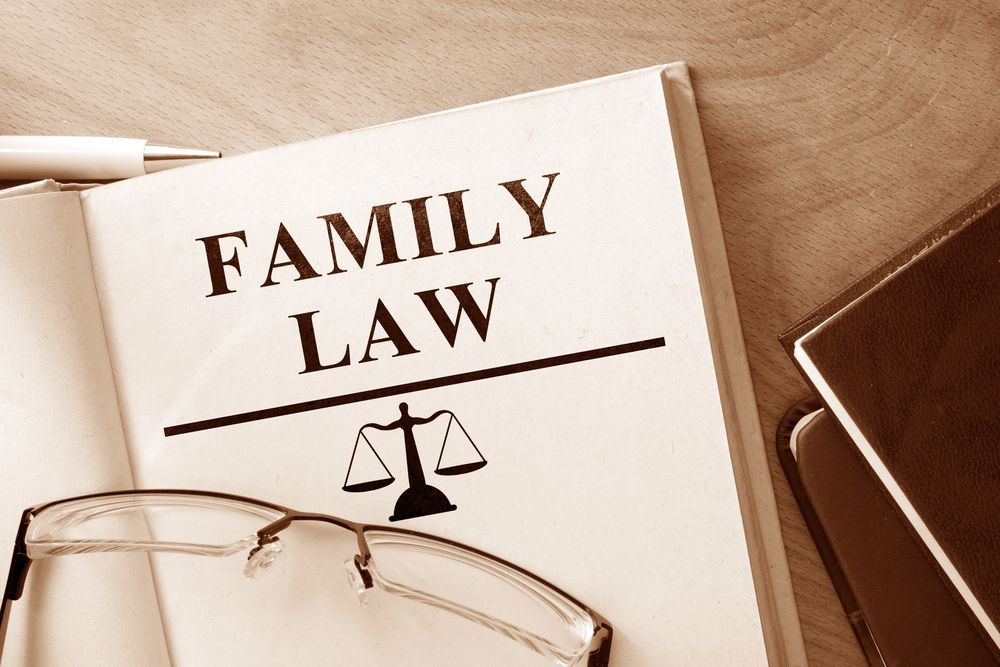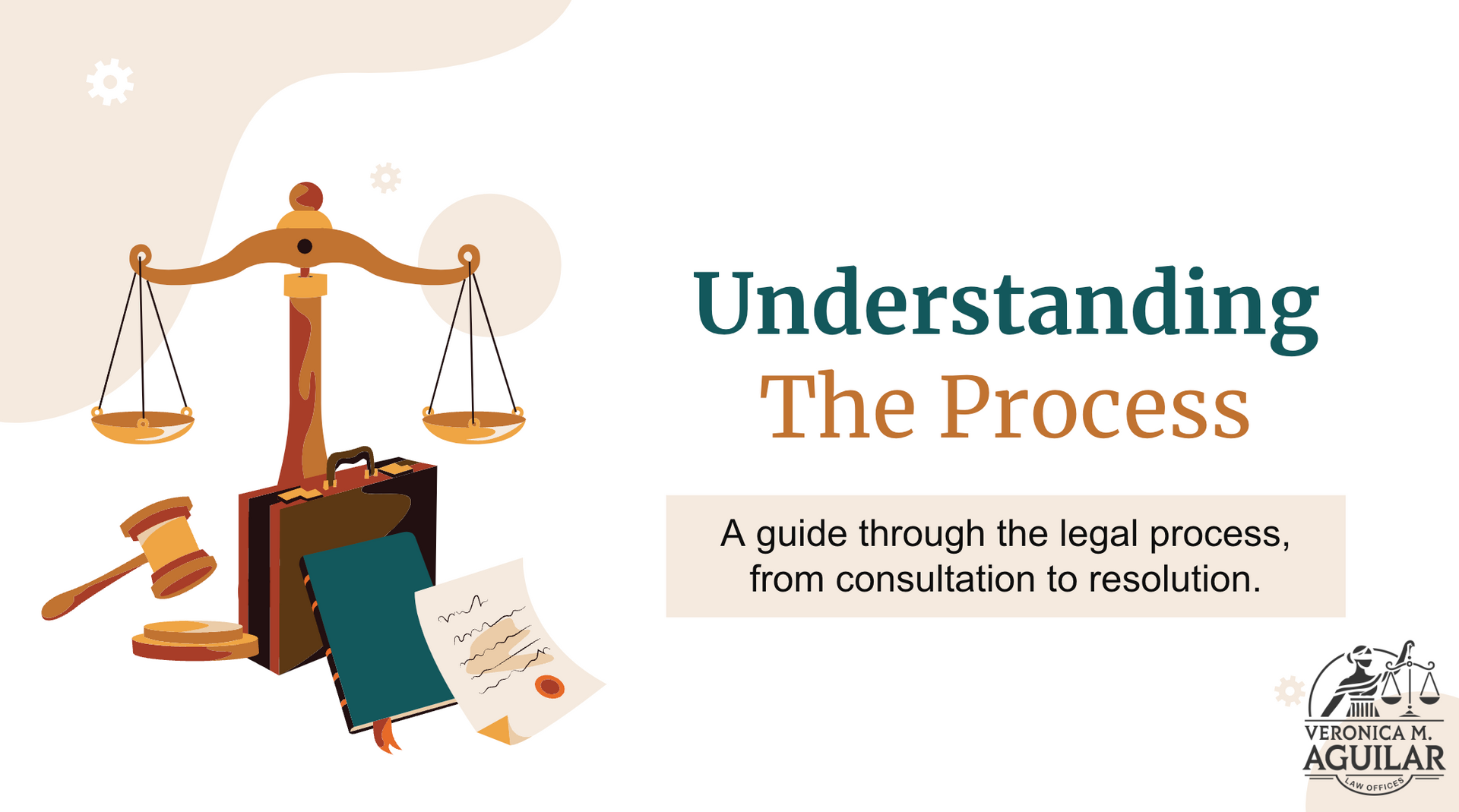Common Mistakes to Avoid in a Civil Litigation
Civil litigation can be complicated and stressful, but avoiding common mistakes can help make the process smoother and more effective. Knowing what to watch out for can save you time, money, and unnecessary stress. When you understand the pitfalls, you can better navigate your case and increase your chances of a favorable outcome.
One of the biggest mistakes people make is failing to gather substantial evidence. Without solid proof, your case weakens, and you may find it hard to convince the court of your position. Evidence plays a crucial role in supporting your claims and disputing those of the other party. Knowing what evidence you need and how to collect it properly is critical to your success.
Another common misstep is missing important filing deadlines. Courts are strict about these timelines, and failing to meet them can result in your case being dismissed. It's crucial to keep track of all deadlines and ensure that your documents are filed on time. This will help you avoid unnecessary delays and keep your case moving forward.
Poor communication with your lawyer is another mistake to avoid. Keeping your lawyer well-informed and asking questions when unsure can make a big difference in handling your case. Misunderstandings and lack of information can complicate your case, but good communication can help prevent these issues.
Lastly, ignoring settlement opportunities can be a costly error. Settlements can often save time and money, providing a quicker resolution than going to trial. Being open to settlement discussions might help you reach an agreement that satisfies both parties. This guide will walk you through these common mistakes so that you can avoid them and have a successful civil litigation experience.
Failing to Gather Strong Evidence
Substantial evidence is the backbone of any civil litigation case. Without it, you might have difficulty proving your claims or defending yourself. Evidence can include documents, photos, videos, emails, and witness statements. Always gather as much relevant information as possible to support your case.
Make sure your evidence is well-organized. Keep a detailed record of where each piece of evidence came from and why it's essential. This will make it easier for you and your lawyer to use it effectively. Also, be mindful of any rules about how evidence should be collected and presented. Break these rules, and your evidence may be thrown out.
Witness statements can be compelling. Talk to people who saw or heard essential events related to your case. Ask them to write down what they saw and sign their statements. This adds credibility to your claims and can sway the court in your favor.
Missing Filing Deadlines
Courts have strict rules when it comes to filing deadlines. Missing a deadline can seriously hurt your case. In some instances, it may even cause your case to be dismissed. To avoid this, keep a calendar of all critical dates and file all necessary documents on time.
It's essential to be proactive. Don't wait until the last minute to prepare your documents. Rushing to meet deadlines can lead to mistakes, and those mistakes can be costly. Preparing everything beforehand allows you to review and ensure all your paperwork is in order.
Double-check everything before you file it. Ensure all the required information is included, and the forms are filled out correctly. Mistakes or missing information can cause delays and require you to refile, putting you at risk of missing critical deadlines. Staying organized and being mindful of all timelines will help keep your case on track.
Poor Communication with Your Lawyer
Clear and consistent communication with your lawyer is essential. Many issues in civil litigation arise from misunderstandings or lack of communication. Keeping your lawyer well-informed helps them represent you more effectively. Always provide complete details about your case, including any new developments or concerns. Your lawyer can only help you if they have all the information.
Don't hesitate to ask questions if something is unclear. Legal terms and procedures can be confusing, and it's essential that you fully understand them. A good lawyer will take the time to explain things in simple terms. This will help you feel more confident and involved in your case.
Regular updates are essential. Ensure you check in with your lawyer regularly and respond promptly to their requests for information. Missing calls or emails can delay your case and create unnecessary complications. Staying engaged and communicative helps ensure that everything runs smoothly.
Ignoring Settlement Opportunities
Settlement opportunities can provide a quicker and less stressful resolution to your case. Many people think going to trial is their only option, but this is not always true. Settling a case out of court can save time and money and reduce stress for everyone involved.
Make sure to evaluate any settlement offer carefully. Discuss it with your lawyer to understand the pros and cons. Sometimes, accepting a settlement can be the best decision, even if it means compromising on some points. Your lawyer can help determine if the offer is fair and in your best interest.
Be open to negotiation. Settlement discussions allow both parties to find a middle ground. This can lead to a resolution that satisfies both sides without the uncertainty of a court decision. Flexibility and willingness to negotiate can make the process smoother and more efficient.
Conclusion
Navigating civil litigation successfully requires careful attention to detail and strategic planning. Avoiding common mistakes like failing to gather substantial evidence, missing filing deadlines, poor communication with your lawyer, and ignoring settlement opportunities can make a significant difference in the outcome of your case. By staying informed and proactive, you can better handle the complexities of the legal process.
If you're facing
civil litigation in San Diego, seeking professional guidance is crucial. At Veronica M. Aguilar Law Offices, we specialize in providing expert legal services in civil litigation. Our experienced team is here to help you every step of the way. Contact us today to discuss your case and learn how we can assist you in achieving the best possible outcome.












